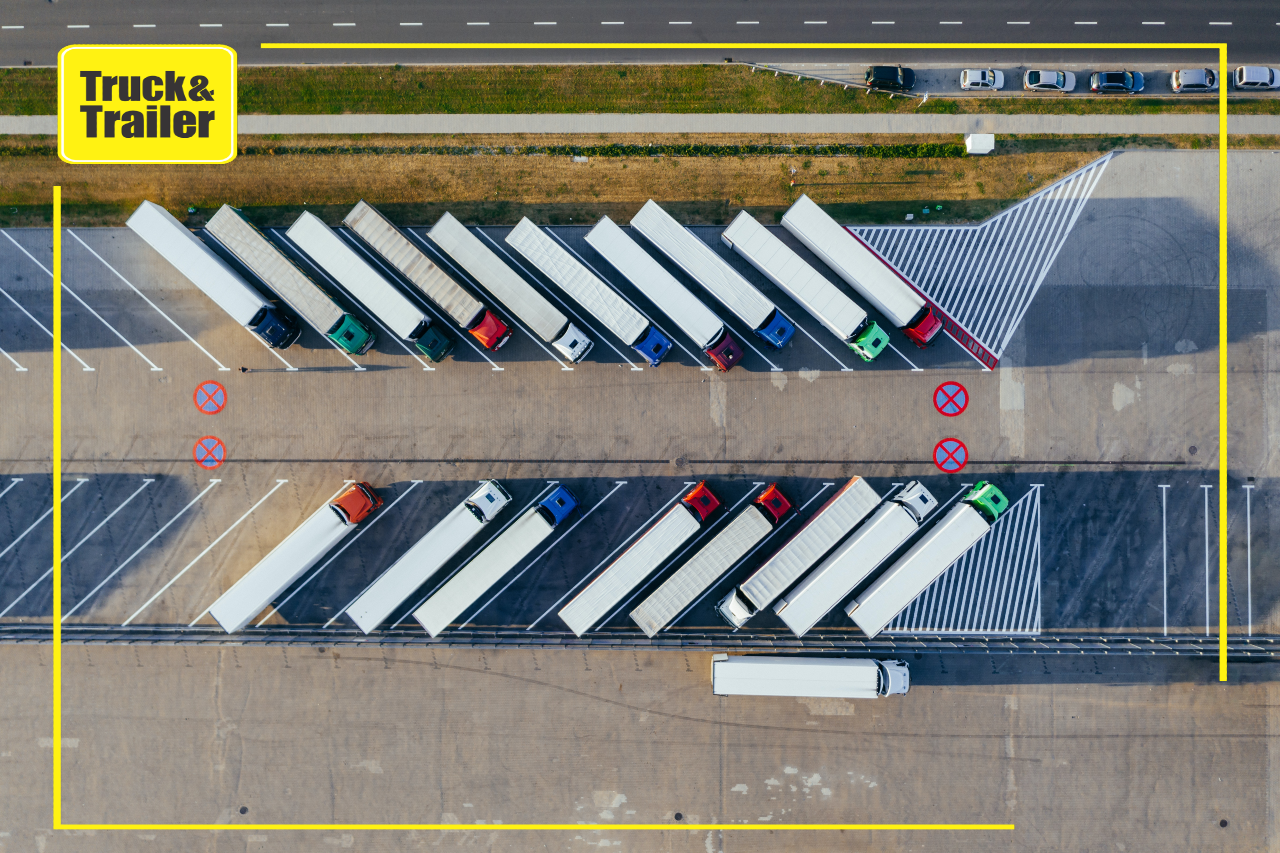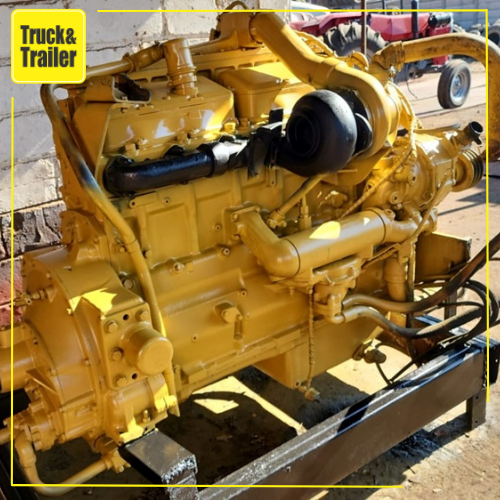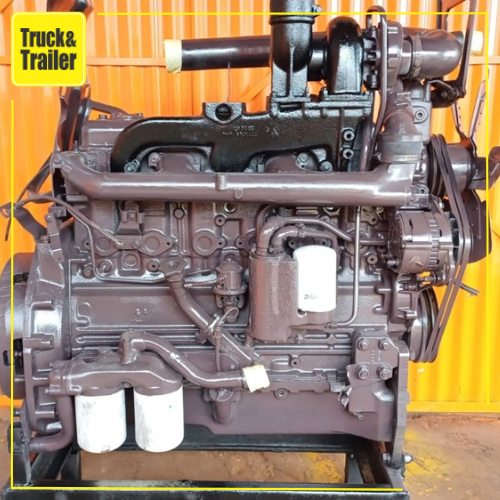
9 fuel-management tips to improve your fleet’s consumption
Date: 14/04/2022
Improve the fuel management of your fleet and enjoy great savings. From checking the aerodynamics of your vehicles to setting up a maintenance plan, there are plenty of strategies you can use to save money. Find fuel-efficient vehicles for sale on Truck & Trailer today.

Photo by Markus Winkler on Unsplash
1. Compare different types of fuel
What type of fuel do you use for your fleet? There is a wide range of different options to choose from and new fuels are being introduced to the market. Evaluate the fuel your fleet is using and compare it to the options that are currently available. Common options include diesel and gasoline. However, propane autogas and renewable diesel are alternatives worth considering. With the rapid advancement of technology, electrification and mobile auxiliary power is also available.
2. Scale down
Make sure you choose the right vehicle for the job. Larger vehicles consume more fuel so it’s advisable to use the smallest vehicle that has the capabilities to complete the task efficiently. Monitor each vehicle’s running costs carefully, including fuel consumption and maintenance expenses. Likewise, review the size of your fleet to make sure it’s the best match for your business needs.
3. Check the aerodynamics
The aerodynamics of the vehicles in your fleet have an impact on fuel economy. While you can’t change the entire design of a vehicle, you can make small adjustments to help conserve fuel. Research the best options for your specific vehicles before you make any alterations. Depending on the vehicle, the addition of roof caps, nose cones, and front flaps can be beneficial.
4. Driving style
One of the most important aspects of fuel management is to guide the driving behaviour of your employees. Driving style has a huge impact on a vehicle’s fuel consumption. Smooth accelerations and adherence to the speed limit can go a long way towards fuel efficiency. Drivers should keep a safe distance from the vehicle in front of them to avoid emergency stops, which use more fuel. The avoidance of unnecessary idling and use of cruise control is also beneficial.
5. Plan the route
Find the best route to the destination to avoid wasting fuel. You’ll need to take the distance and traffic into account during trip planning. Use navigation software to ensure that your drivers don’t waste time and money by getting lost.
6. Implement fuel cards
Fuel cards can be used to monitor the fuel consumption of the vehicles in your fleet. These cards are a great way to compare the fuel consumption of each vehicle and to review geographic averages. The collection of real-time data is useful when it comes to fuel management.
7. Decrease the weight of your vehicles
The heavier your vehicles, the more fuel they consume. Remove any unnecessary items from your vehicles to eliminate additional weight. Encourage your drivers to keep the vehicles neat and tidy so that it’s easy to remove any items that aren’t needed.
8. Check the tires
Make sure that the tires are inflated properly. Under-inflated tires result in a higher fuel consumption and they also compromise the safety of your driver. Tire wear and tear increases when they’re incorrectly inflated, which results in higher maintenance expenses.
9. Proper maintenance
Develop a maintenance schedule to ensure that your vehicles are kept in top shape. Vehicles that are in bad condition use more fuel and deliver a poor performance. The oil and filters should be changed according to the vehicle manufacturer’s specifications to avoid making the engine work harder than necessary.
Now that you’ve read our fuel management tips, you can reduce the running expenses of your fleet. Find trucks for sale on Truck & Trailer and expand your fleet today.









